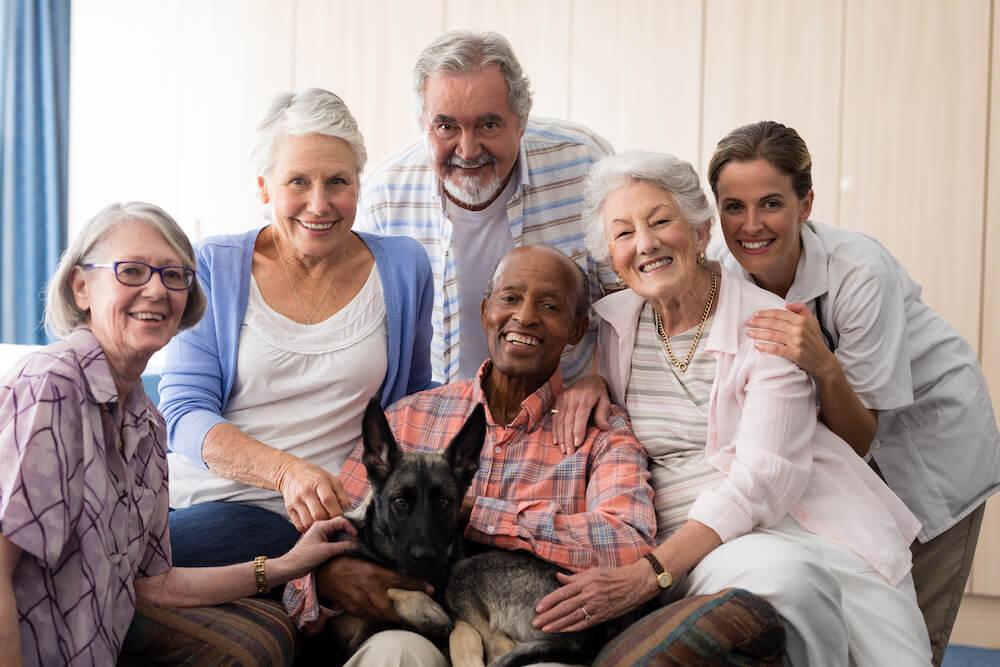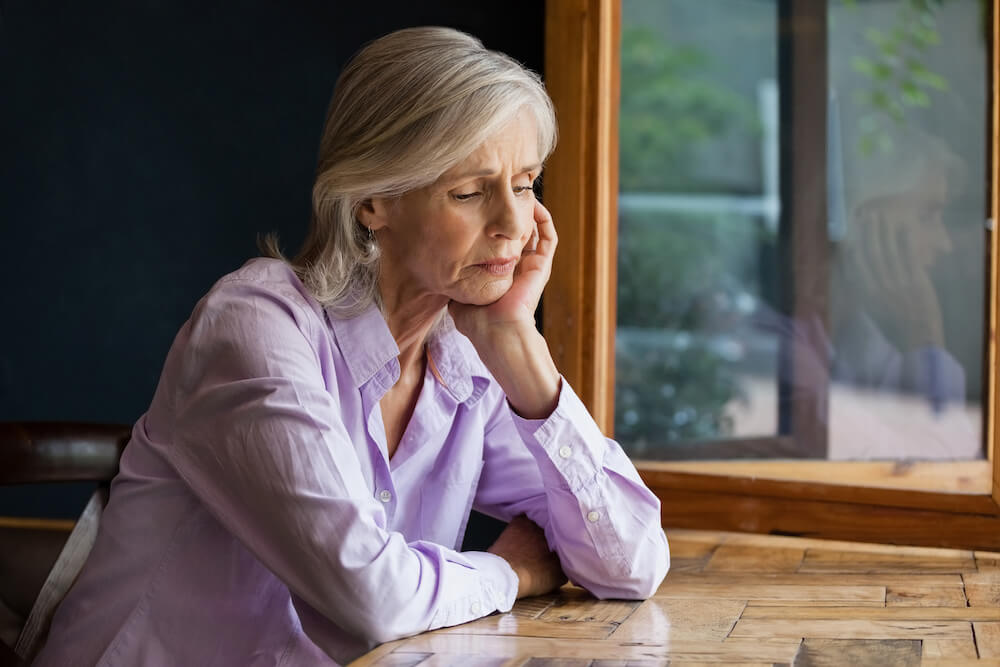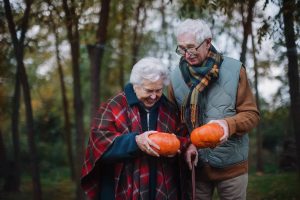As winter casts its chilly shadow, the season brings a mixture of festive cheer and, for some, the dreaded winter blues. Seniors often face unique challenges during this time, including the effects of seasonal depression, also known as Seasonal Affective Disorder (SAD). While winter can be a trying time, especially for older individuals, the good news is that seniors have a remarkable capacity for resilience. This resilience is further amplified when they are part of a supportive and caring community, such as a senior living community. In this blog, we’ll explore the challenges of seasonal depression for seniors and how they can combat it. We’ll also highlight the pivotal role of senior living communities in providing support and a sense of belonging. Through inspiring success stories, we’ll see how seniors can find renewed joy and purpose within these communities.

Understanding Seasonal Depression in Seniors
Seasonal depression, or Seasonal Affective Disorder, is a condition that occurs at the same time every year, typically during the fall and winter months. The lack of sunlight, shorter days, and colder weather can contribute to feelings of sadness, lethargy, and even depression. Seniors are particularly vulnerable to seasonal depression due to various factors, including:
- Isolation: Seniors may have limited mobility or difficulties going outside in cold weather, leading to social isolation.
- Health Concerns: Chronic health conditions, limited mobility, and pain can exacerbate feelings of depression.
- Grief and Loss: The holiday season can be a poignant reminder of lost loved ones, causing grief to resurface.
- Reduced Sunlight: Seniors may have reduced exposure to natural light, affecting their circadian rhythms and mood.

The Role of Senior Living Communities
Senior living communities offer a vital source of support and companionship, particularly during the winter months. These communities play a significant role in helping seniors combat seasonal depression. Here’s how:
- Social Engagement: Senior living communities foster a sense of belonging and social engagement. Residents can participate in a wide range of activities, from holiday parties and craft workshops to group outings, creating opportunities for meaningful connections.
- A Safe and Comfortable Environment: These communities provide a safe and comfortable environment where seniors can stay active and engaged, even during the winter. Indoor fitness classes, communal areas for games, and shared spaces for relaxation ensure that seniors can continue to enjoy their daily routines.
- Professional Support: Many senior living communities offer access to healthcare professionals who can provide essential support for managing depression. Whether it’s counseling, medication management, or therapy, seniors receive the necessary care.
- Personalized Care: Senior living communities tailor their support to individual needs. Whether a senior requires additional assistance with daily activities, companionship, or a more independent lifestyle, they can find the right level of care.

Proactive Steps to Avoid Seasonal Blues
While senior living communities provide crucial support, seniors can also take proactive steps to avoid seasonal depression:
- Stay Active: Regular physical activity, even if it’s indoors, can improve mood and reduce depression. Seniors can explore exercise classes tailored to their needs.
- Maintain Social Connections: Regularly connecting with friends and family, whether in person or virtually, can combat feelings of isolation.
- Set Realistic Expectations: Seniors can manage holiday stress by setting realistic expectations and focusing on the aspects of the season that bring them joy.
Seasonal depression can cast a shadow over the winter months, but seniors have a remarkable capacity for resilience. This resilience is fortified within the warm embrace of senior living communities. These communities offer not only the means to combat seasonal depression but also the chance for seniors to thrive and discover renewed joy and purpose. Additionally, by taking proactive steps, seniors can actively work to avoid the seasonal blues. The winter blues may linger, but with the support of such communities and proactive self-care, they need not dominate the lives of our senior loved ones.




